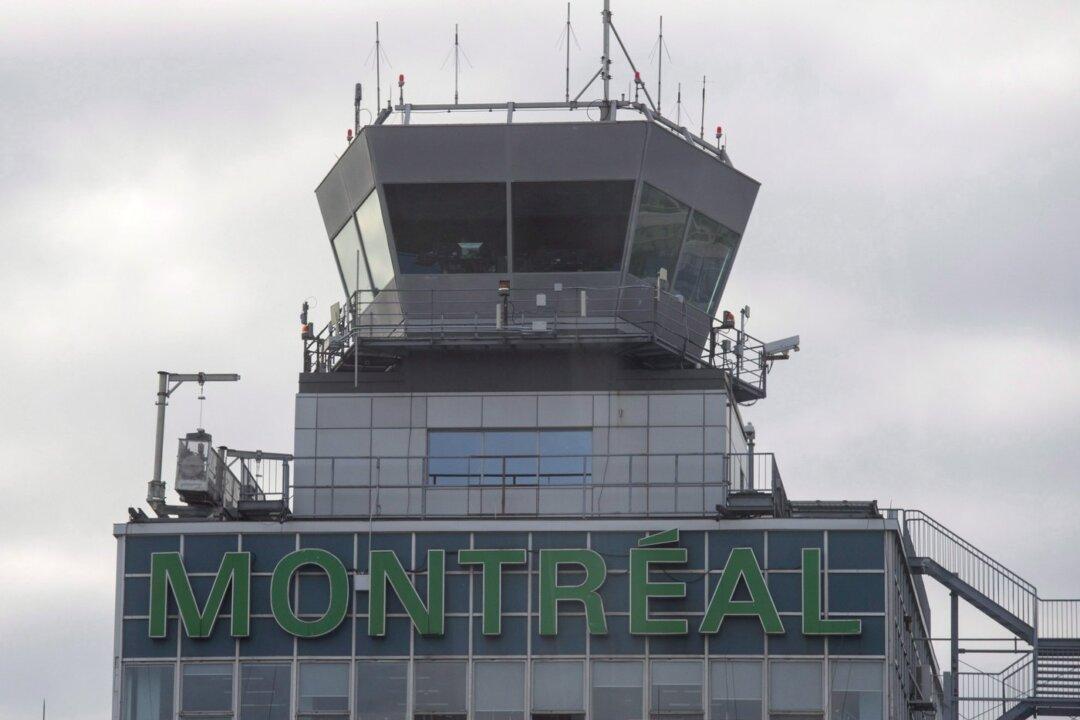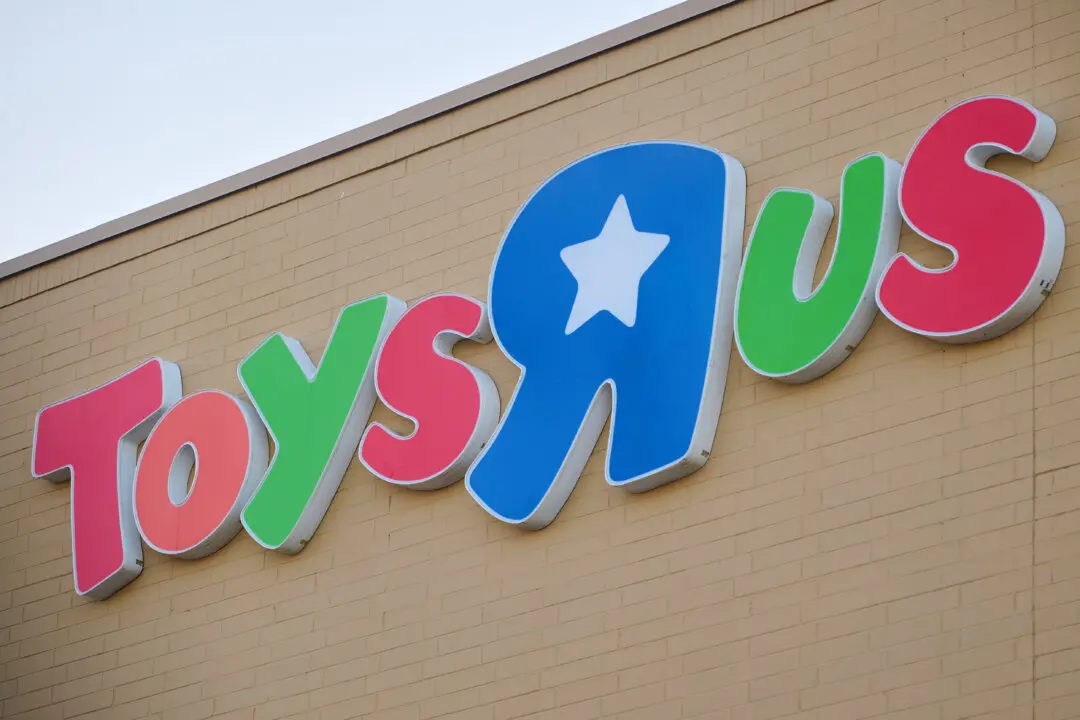The Montreal airport has an illegal taxi problem, says its regulatory authority, which is calling for a crackdown.
Since January, nearly 400 tickets for infractions related to vehicles operating without a proper permit have been issued, according to the Aéroports de Montréal (ADM).





